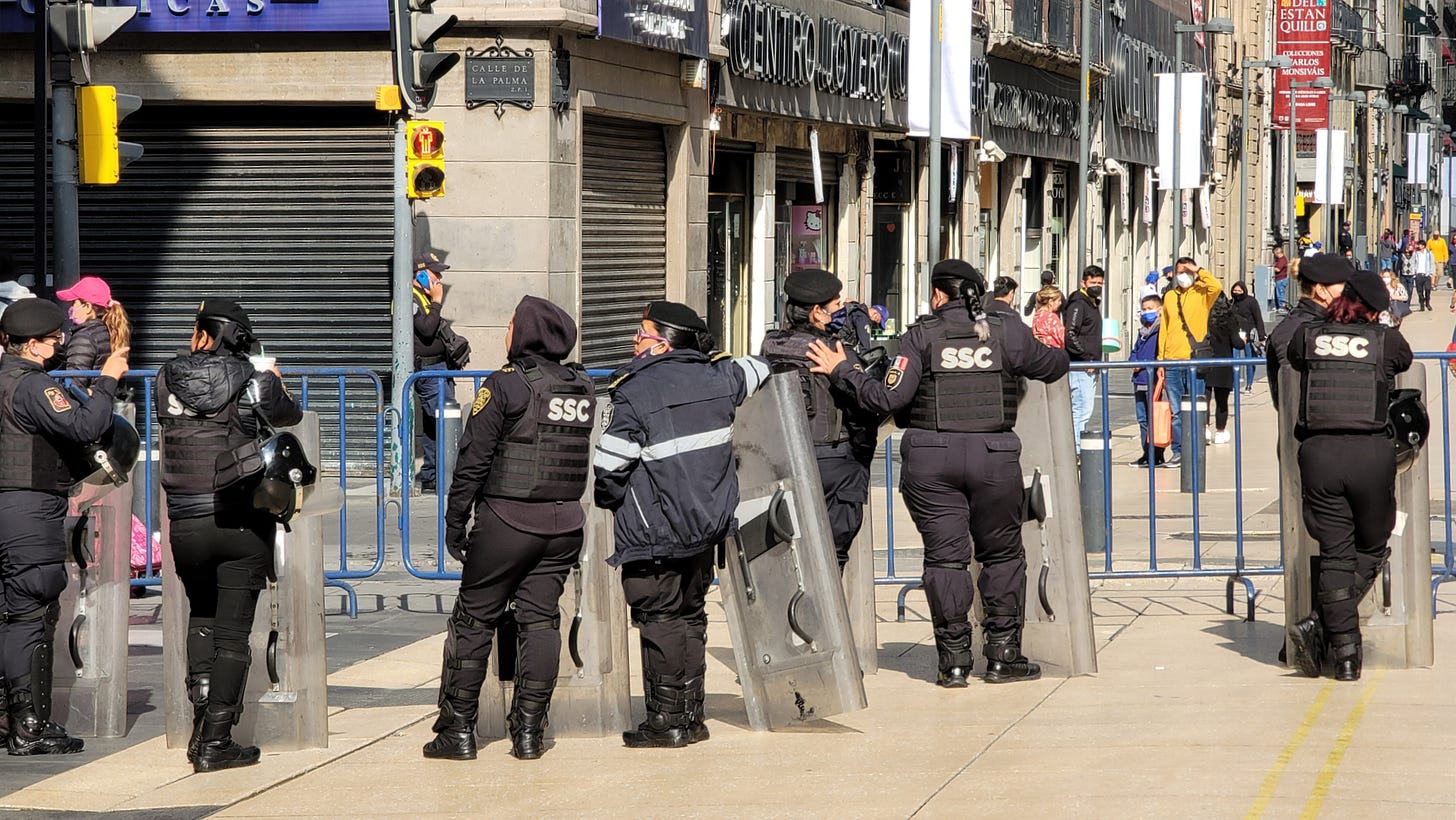😱 Drama in Mexico City: Gringo, go home!
We were initially concerned about the Mexico City protests against Americans and gentrification. But this isn't about us
Every time we return to Mexico City, we notice many changes in our neighborhood and beyond. New restaurants and bars. New stores. New construction everywhere, especially new apartment buildings being erected almost overnight in our area. Roadwork. Park updates and other public works. And a lot more.
It's not all positive. Places close, too. Loud new club…




